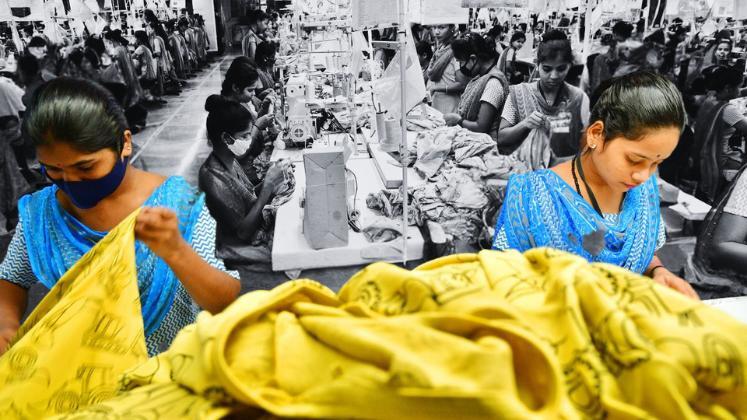
India’s textile and clothing sector, a significant component of the country’s Micro, Small, and Medium Enterprise (MSME), is about to undergo sustainable evolution driven by the upcoming enforcement of the European Union’s (EU) environmental, social, and governance (ESG) standards, particularly the Carbon Border Adjustment Mechanism (CBAM), as reported by BNN.
Set for implementation in 2026 under the EU’s expansive European Green Deal, these standards have the potential to redefine global sustainable production and supply chains. Indian textile exporters are redefining their practices, viewing sustainability not only as a compliance measure but as an initiative to solidify their standing as major global suppliers.
This transition also opens avenues for potential benefits from an upcoming free trade agreement with the EU. Tamil Nadu’s textile industry, a significant player, has made substantial progress toward sustainability, contributing over 50 per cent of the state’s renewable energy capacity and adopting zero liquid discharge in approximately 300 textile processing units in Tirupur.
However, challenges increase, including compliance costs, documentation requirements, and labor cost variations across states. To address these, industrial associations, the Ministry of Textiles, and financial institutions are exploring supportive measures, such as the establishment of an ESG task force and funding for green projects.
Despite these efforts, the sector advocates for exemptions and incentives for MSMEs and calls for separate codes governing the export of sustainable products, signaling a push toward a future where sustainability becomes the standard.






